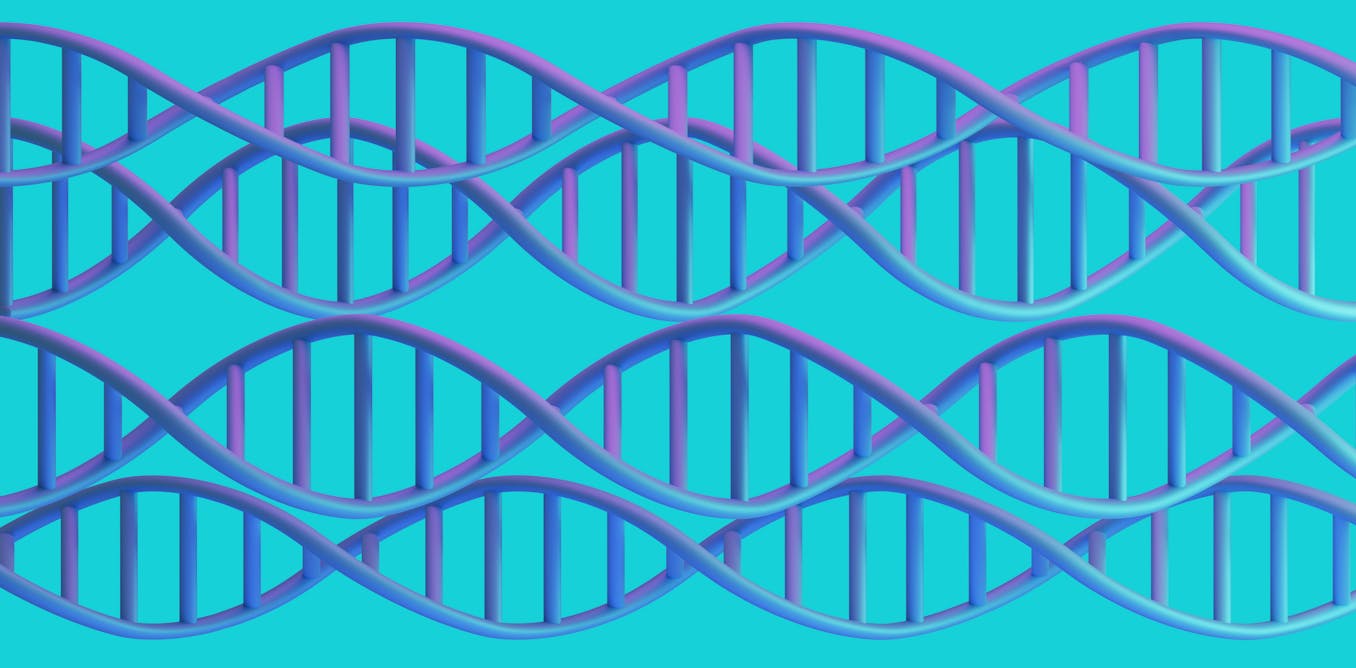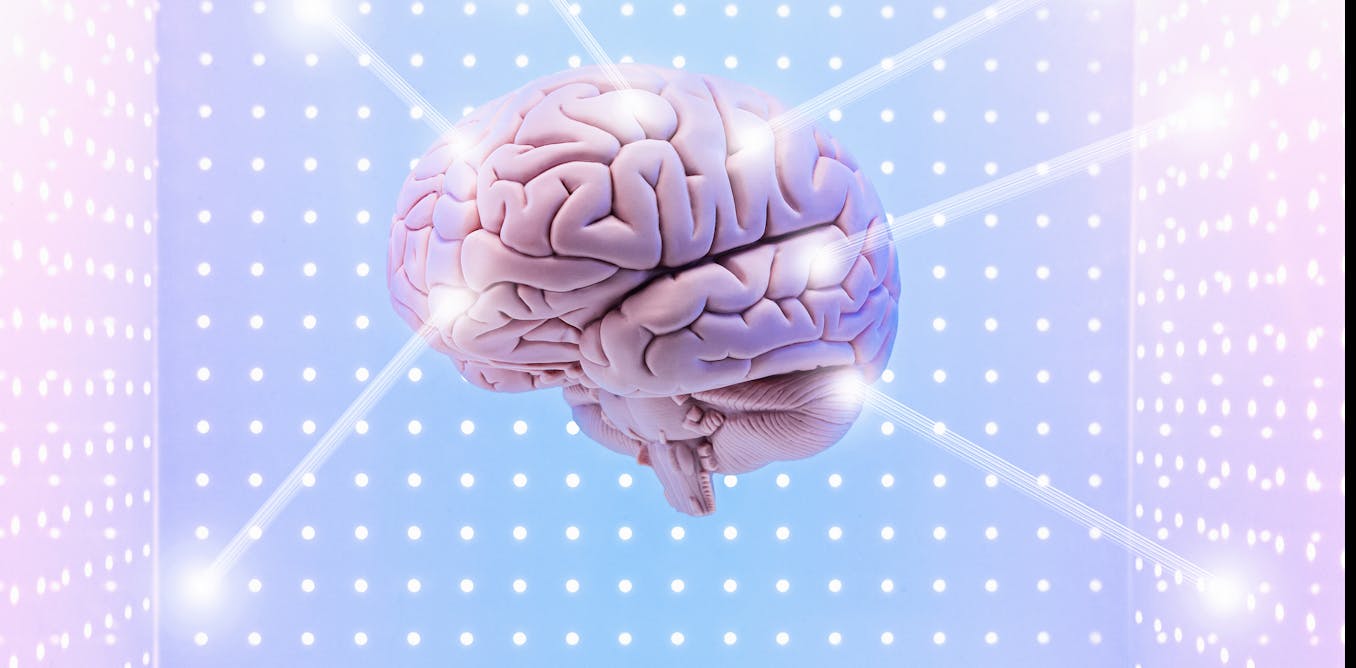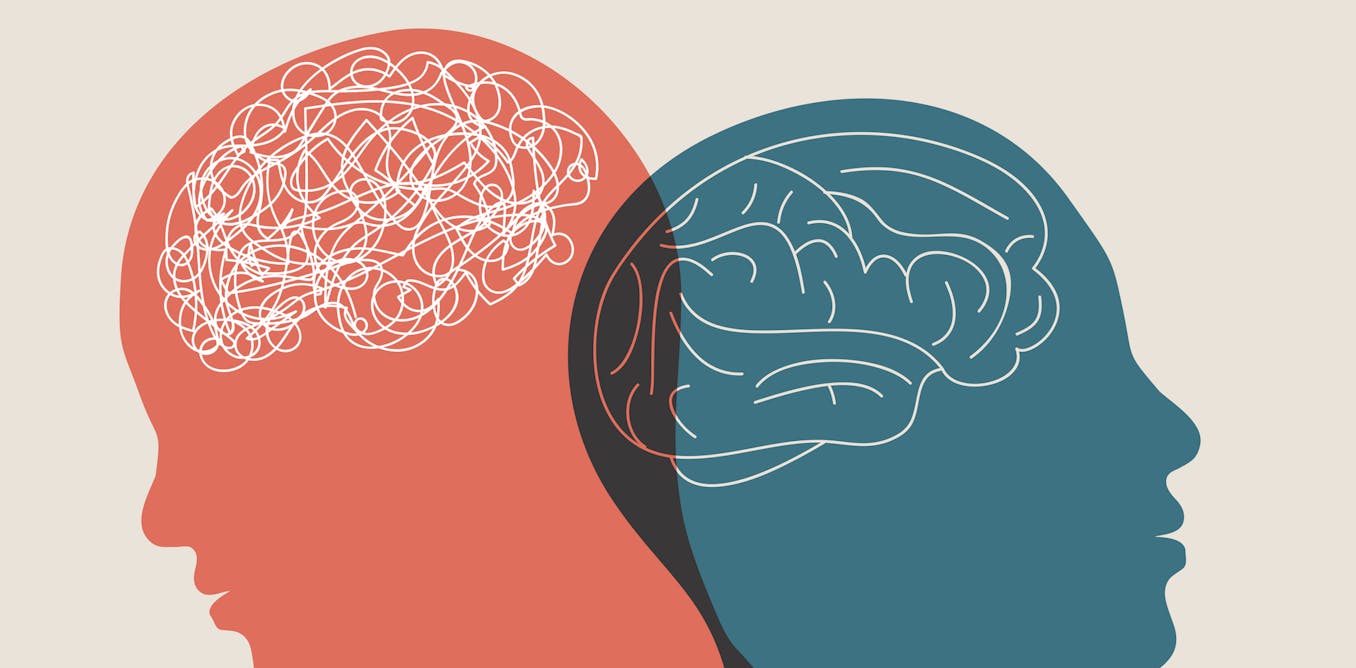Researchers uncovered hundreds of genes linked to OCD, providing clues about how it changes the brain − new research
Researchers examined the DNA of over 53,000 people with OCD and over 2 million people without OCD, gathering data that could one day improve treatment.
May 13, 2025 • ~9 min










